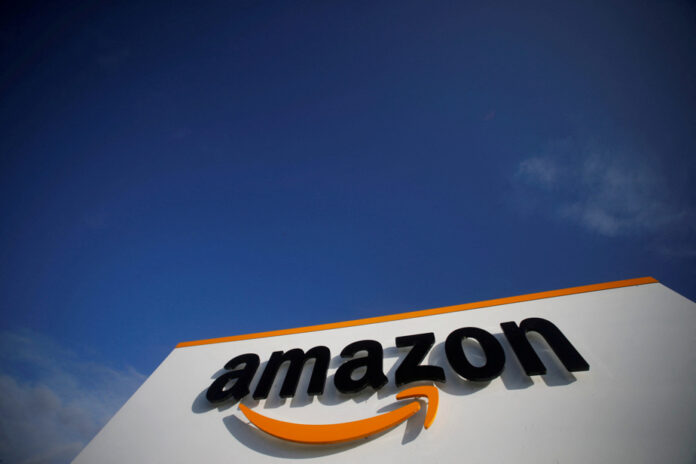For a decade, internet giants have sold the dream of 100% cloud computing to the private and government sectors, with a lot of marketing and lobbying. But the “cloud” is starting to get very expensive. In the United States, companies are getting out of it and saving millions.
In the hushed world of chief tech executives, a series of LinkedIn posts have caused a stir in recent weeks, garnering thousands of comments. It was because they went completely against the grain of the consensus.
David Heinemeir Hansson, co-owner of 37Signals, the company behind the popular Basecamp platform, explains how his company will save $9.5 million over five years by moving its data almost entirely out of the “cloud”, buying its own computer servers and physically placing them in two data centers independent of GAFAM.
He responds with aplomb to skeptical Internet users. A data center not as reliable as the redundant infrastructure of an AWS or a Google? False, its servers will be placed in two data centers, which have the same certifications as those of GAFAM, he says.
He concludes, “We’ve passed the peak of cloud hype, and now businesses around the world are starting to do the math. No one wants to be the sucker who pays far more than necessary to fill the coffers of Amazon, Google or Microsoft. »
A few days earlier, it was the president of the giant Dell who boasted on LinkedIn that one of his customers in the artificial intelligence sector had saved $2.7 million per month by going out of the “cloud” and by purchasing its own servers to install them directly in a data center independent of GAFAM. A statement against the grain that is rare in the world of managers of companies listed on the stock exchange. Especially since Dell also sells servers to GAFAM.
In Quebec, at a time when companies are looking to save money in the context of a recession, this trend is starting to be felt among SMEs. This may take longer in the government sector and in larger corporations. This is because the all-cloud computing fad has been sold so successfully by the GAFAMs, often thanks to battalions of lobbyists and marketing specialists. To the point where Quebec decision-makers have almost forgotten that they can shop.





